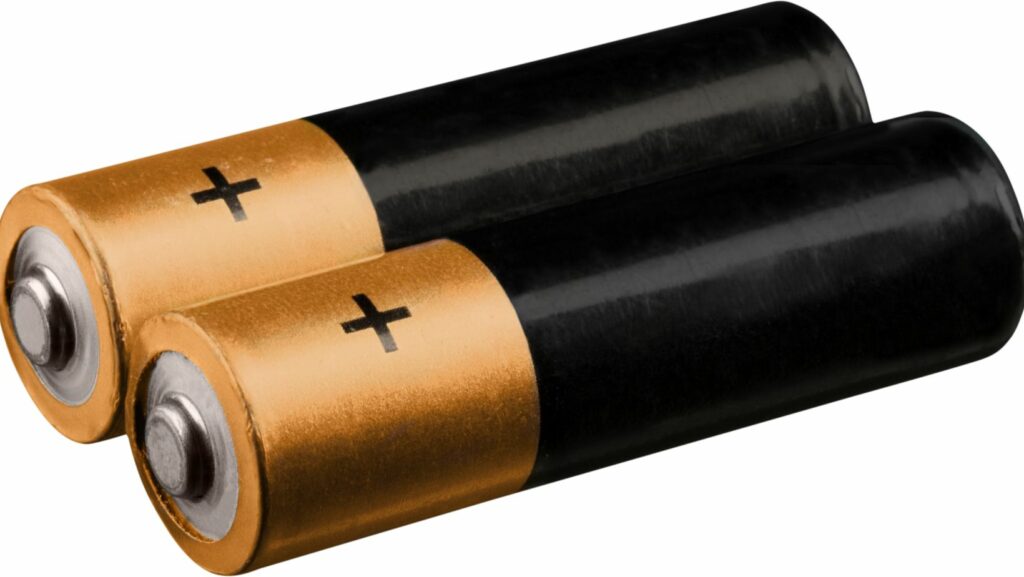Hart Batteries
When it comes to the environmental impact and sustainability of Hart Batteries, there are several important factors to consider. As an expert in this field, I have delved into the research and findings surrounding these batteries to provide you with a comprehensive understanding.
Firstly, let’s address the environmental impact of Hart Batteries. These batteries are known for their efficient energy storage capabilities, which ultimately leads to reduced carbon emissions. This is particularly significant in today’s world where combating climate change is a pressing concern. By utilizing Hart Batteries, we can contribute to a greener future by minimizing our ecological footprint.
Furthermore, sustainability plays a crucial role in evaluating the long-term viability of any battery technology. Hart Batteries excel in this aspect as well. Their design incorporates recyclable materials and promotes responsible disposal practices. Additionally, these batteries boast an impressive lifespan due to their durability and advanced engineering techniques. This means fewer replacements and less waste generated over time.
In conclusion, Hart Batteries offer a promising solution for those seeking both environmentally-friendly alternatives and sustainable energy storage options. Their ability to reduce carbon emissions while promoting recycling and longevity makes them an attractive choice for individuals and industries alike looking to make a positive impact on our planet’s health.
What are Hart Batteries?
Let’s dive into the world of Hart Batteries and explore what they’re all about. Hart Batteries are a type of rechargeable battery that has gained significant attention in recent years due to their environmental impact and sustainability features. These batteries are designed to provide reliable power while minimizing harm to the environment.
One key characteristic of Hart Batteries is their composition. They typically consist of lithium-ion cells, which offer several advantages over traditional disposable batteries. Lithium-ion technology allows for longer-lasting performance and higher energy density, meaning these batteries can store more power in a smaller size.
In addition to their impressive performance, Hart Batteries also excel in terms of sustainability. Unlike single-use alkaline batteries that end up in landfills after use, Hart Batteries can be recharged hundreds or even thousands of times, reducing overall waste generation. This longevity not only saves money for consumers but also helps reduce the environmental burden caused by battery disposal.
Another notable aspect of Hart Batteries is their contribution to renewable energy systems. As we strive towards a greener future, storing electricity generated from renewable sources becomes crucial. Hart Batteries play a vital role in this endeavor by providing efficient and reliable energy storage solutions for solar panels, wind turbines, electric vehicles, and other sustainable technologies.
By using Hart Batteries in these applications, we can effectively harness clean energy without relying heavily on fossil fuels or contributing to greenhouse gas emissions. This makes them an essential component in building a sustainable energy infrastructure that reduces our carbon footprint and mitigates climate change effects.
Hart Batteries are innovative rechargeable batteries with lithium-ion technology that offer long-lasting performance and high energy density. They stand out for their sustainability features as they can be recharged multiple times before reaching the end of their life cycle, reducing waste generation significantly. Additionally, these batteries contribute to the development of renewable energy systems by providing efficient storage solutions for clean power sources. As we move towards a greener future, Hart Batteries play a crucial role in creating a sustainable and environmentally friendly energy landscape.

Environmental Impact of Hart Batteries
When considering the environmental impact of Hart batteries, it’s essential to take into account their entire lifecycle – from production to disposal. These batteries, while providing a reliable source of power for various applications, can have both positive and negative effects on the environment.
One significant environmental concern with Hart batteries is their reliance on rare earth metals and other materials that require extensive mining. The extraction process can lead to habitat destruction, soil erosion, and water pollution. However, advancements in battery technology have led to more efficient use of these materials, reducing the overall environmental impact.
Another key aspect is the energy consumption involved in manufacturing Hart batteries. The production process requires substantial amounts of electricity, contributing to greenhouse gas emissions and climate change. However, efforts are being made by manufacturers to adopt cleaner energy sources and improve energy efficiency during production.
Additionally, the issue of battery disposal cannot be overlooked. When not properly managed, discarded batteries can release harmful chemicals into the environment. It’s crucial for consumers and industries alike to implement proper recycling programs or dispose of used batteries at designated collection points to minimize potential contamination.
Despite these concerns, it’s worth noting that Hart batteries offer several sustainability benefits compared to traditional fossil fuel-powered technologies. They provide a cleaner alternative for powering vehicles and storing renewable energy generated from sources like solar or wind power. This transition helps reduce carbon dioxide emissions and dependence on non-renewable resources.


More Stories
Ranking The Most Anticipated Upcoming Ps5 Games of 2024 and Beyond: New Playstation 5 Release Date
Extreme Run 3D: A Thrilling Endless Runner Experience
The Most Innovative Game Mechanics of the Last Decade